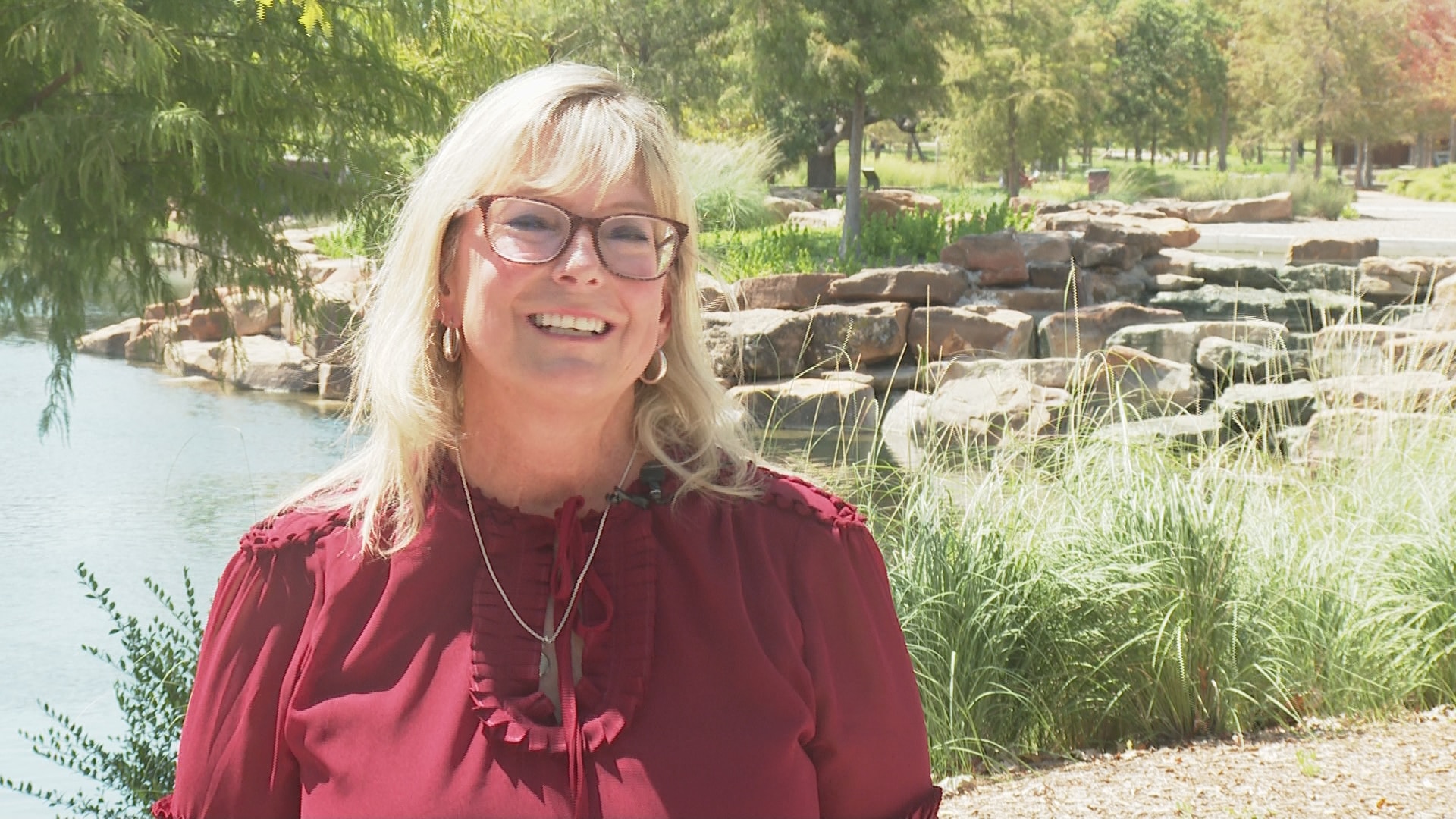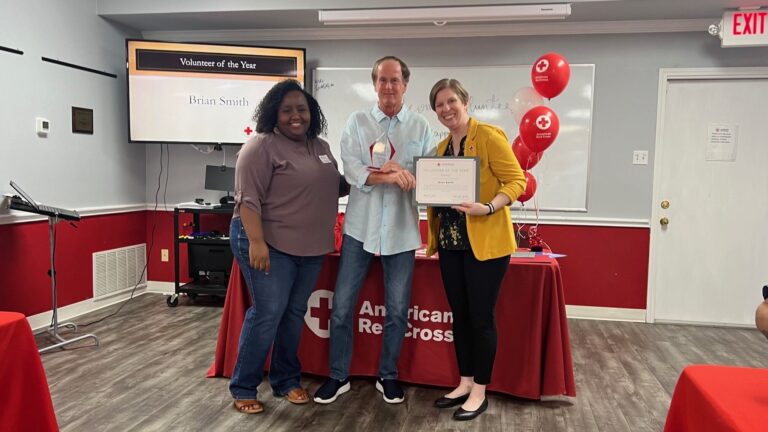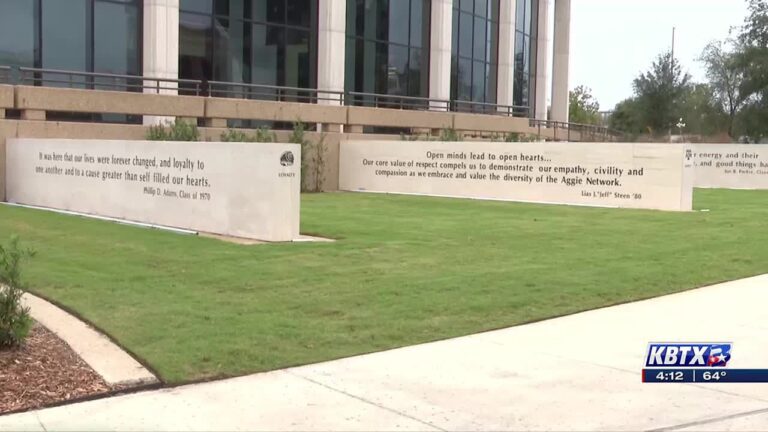Tackling substance addiction: Aggie aims to bring collegiate recovery program to Texas A&M
COLLEGE STATION, Texas (KBTX) -Studies show a significant increase in substance abuse on college campuses nationwide, adversely affecting academic performance, risky or dangerous behaviors, and in some cases serious injury or death.
According to the National Institutes of Health, more than 100,000 individuals in the U.S. died from a drug-involved overdose in 2021, including illicit drugs and prescription opioids.
Efforts are currently underway to establish a program at Texas A&M University to aid students struggling with substance abuse and addiction.
The drive behind this initiative stems from personal tragedy. Angie Rogers, an Aggie, and mother, experienced the devastating loss of her son, Brandon “Bubba” Rogers, in 2015 due to a drug overdose. Unfortunately, this tragic incident is not an isolated event, as the number of lives lost to drug-related fatalities continues to rise annually.
Brandon Rogers
“I hate that he’s a statistic,” expressed Rogers. “In 2021, it was over 107,000 lives lost in just a few short years.”
Angie says Brandon’s struggle with addiction began at an early age. He sought treatment and overcame his battles but later relapsed. Angie believes that if had Brandon had access to more specialized recovery programs he could have beat addiction.
“We are changing the trajectory of students’ lives with programs like this and I feel strongly that had I had my son in a recovery high school or if he had been in a collegiate recovery program when he went to college I think he’d be alive today,” said Angie.
Experts say substances like alcohol, marijuana, and prescription pills have increasingly gained popularity on college campuses nationwide, posing a significant challenge to student well-being. It is precisely this trend that fuels Rogers’ determination to bring a collegiate recovery program to Texas A&M.
Kevin Doyle, President and CEO at the Hazelden Betty Ford Graduate School of Addiction Studies
“It’s a place where students who find themselves struggling with excessive drinking or drug use can seek help and receive support,” said Rogers.
Kevin Doyle, President and CEO of the Hazelden Betty Ford Graduate School of Addiction Studies, one of the country’s top addiction treatment centers, notes a shift in university responses to students dealing with addiction.
“In the past, the general response was disciplinary, often leading to expulsion or sending students to treatment. However, we must now consider how to support a student who is in recovery,” said Doyle.
Doyle says that many students are actively seeking universities with specialized programs addressing substance abuse and addiction.
“Students are becoming more and more educated and they have expectations about what their college or university will offer to them,” Doyle added.
Angie and Brandon Rogers
While Angie cannot bring Brandon back, she believes as an Aggie and mother she is called to help make a difference when a need arises.
“I hate that I lost my son. It’s the worst pain imaginable, but I’m grateful that God has provided me an opportunity to utilize this pain for a meaningful purpose,” expressed Rogers.







